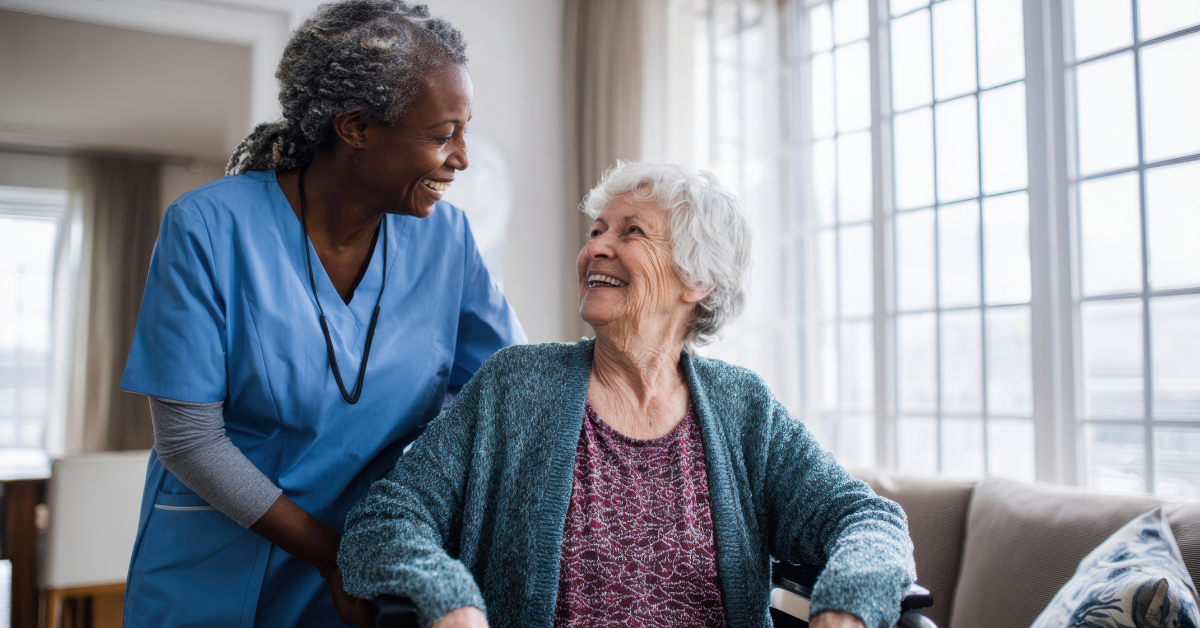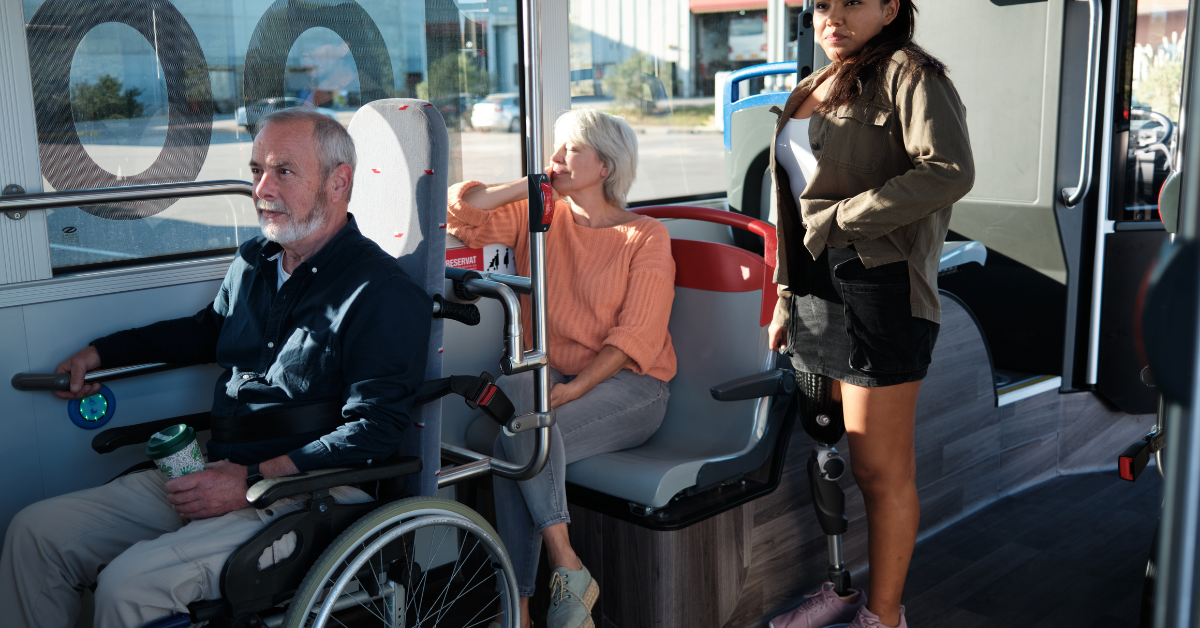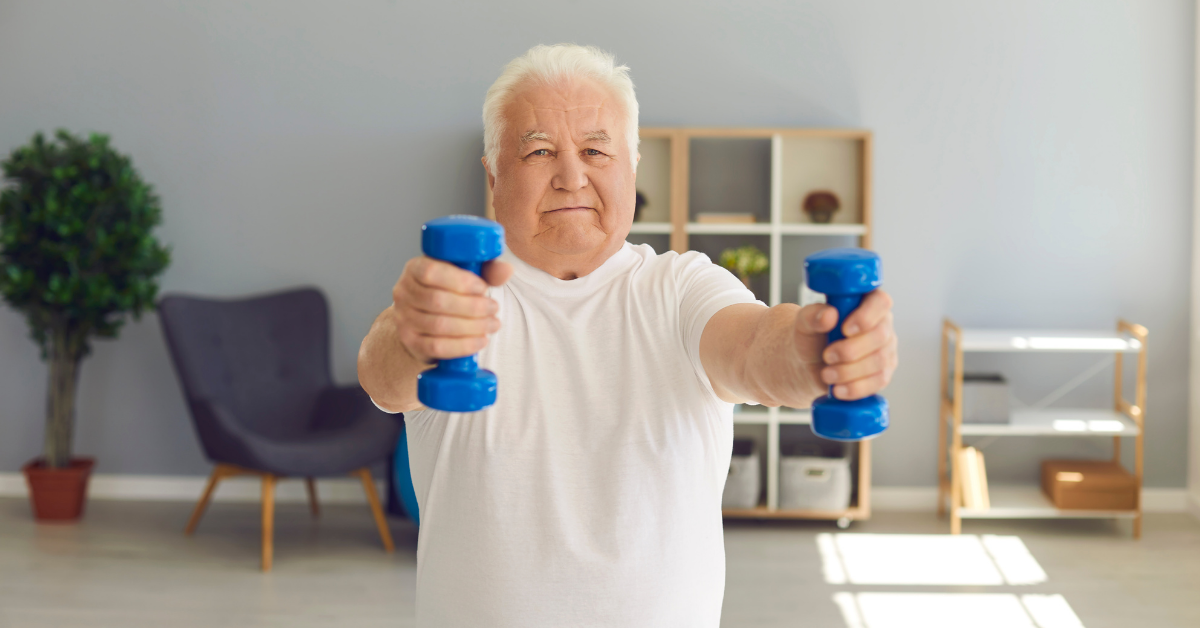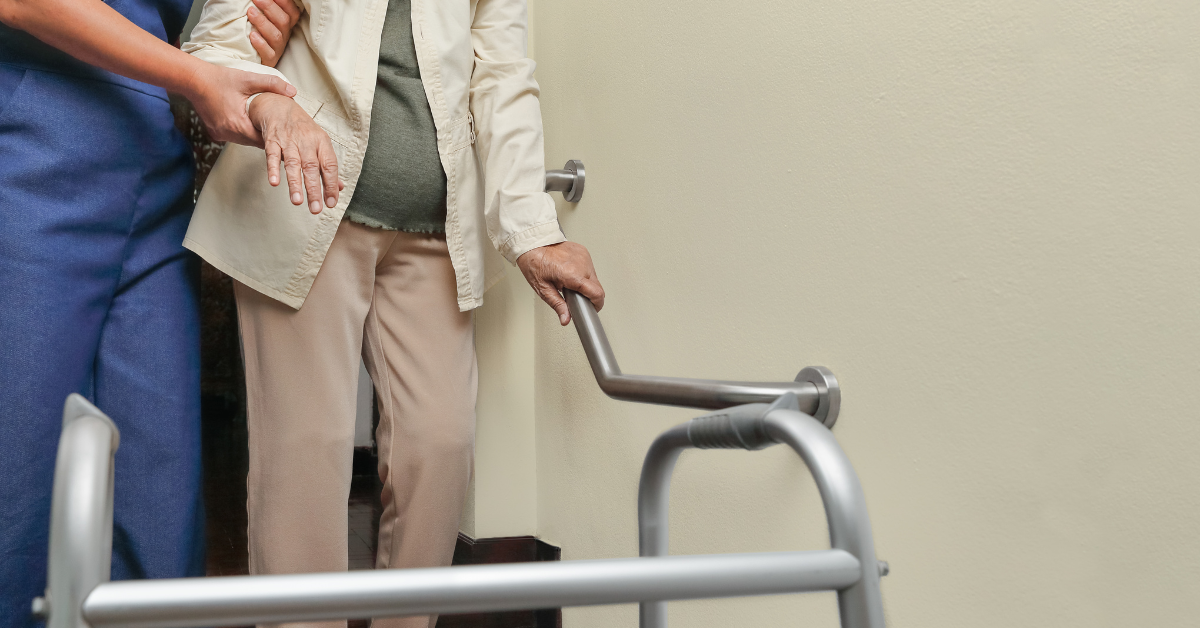Social Interaction: A Life Essential for Seniors
Jason, Kim, and Lisa grabbed their coffee and sat down at the table.
“Thanks for making time this morning,” said Lisa. “Mom wants to stay in her home even though Dad is gone, but I’m concerned about her becoming isolated. Dad and she were active at home and with friends, but Dad was the one with a license.”
“Yeah,” responded Jason. “I was reading an article about seniors and social interactions. Social interactions are vital for seniors, providing them with a sense of belonging, helping prevent depression and cognitive loss, and increasing overall health, including building a stronger immune system.”
“I’ve been doing a little research myself,” said Kim. “According to a CDC report, seniors experiencing loneliness are:
- 50% more likely to suffer from dementia
- 29% more likely to have heart disease
- 32% more likely to suffer from a stroke
- 57% more likely to require emergency medical care
- They are also four times as likely to pass away from heart failure
Other studies revealed that social interaction among seniors improves brain function. According to Dr. Shah, from the Mayo Clinic, interacting with others is exercise for the brain — it’s one of the best ways to improve cognitive flexibility. It’s likely more beneficial than doing crossword puzzles or other brain games.”
“So, we all agree that social interaction is essential for Mom’s emotional, mental, and physical health,” commented Lisa. “The key is, how are we going to make this happen? We all work full-time and have family responsibilities. Even though we are all stopping in for a visit once a week, that’s not getting Mom out of the house.”
“What about companion home care?” asked Jason. “It’s not home health nurses who come in for medical reasons – it’s caregivers who are companions. You can have a companion visit as little as once a week or as often as daily. They provide light assistance with tasks such as bathing, laundry, and cooking, while also offering companionship and encouragement. For example, a caregiver would help mom prepare her lunch and then sit down and enjoy it with her. In addition to assisting with light tasks, caregivers enrich the lives of their clients on many levels, including social interaction, emotional support, and companionship. They help with transportation to appointments, grocery shopping, social gatherings, and more, like enjoying the great outdoors by taking a walk or having a picnic at the park. Another benefit is transportation. Home care services include taking clients to appointments, grocery shopping, classes, and other outings. We wouldn’t have to take time off work to get her to her hair appointments! They also offer respite services – no more talk about canceling that cruise with our families!
“Wow! Sounds like a lifeline for mom and us!” exclaimed Lisa.
“And peace of mind!” added Kim.
Are you looking for companion care for your loved one? HomeAides is an ideal solution for seniors who spend most of their day at home. Our caregivers form meaningful connections with clients, encouraging your loved one to remain active in their daily life. Contact us today. We will match your loved one with the ideal caregiver who meets their specific needs.










